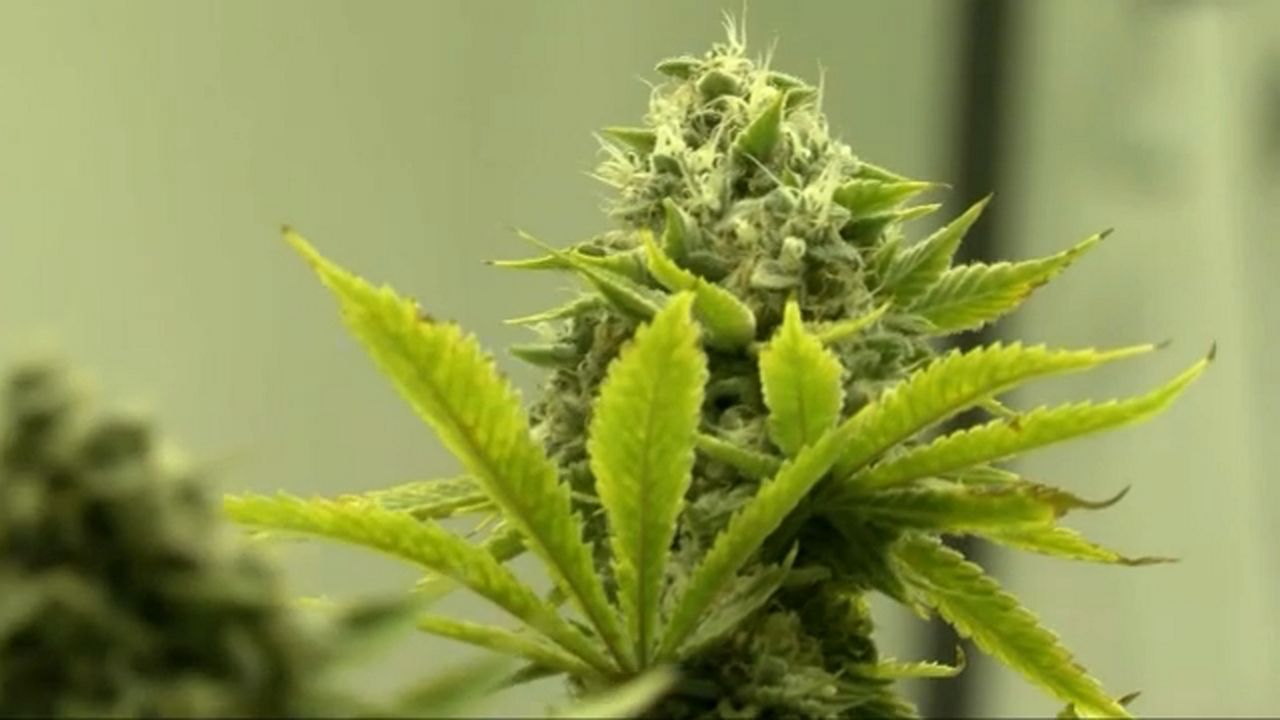The number of drivers involved in fatal crashes with THC in their systems doubled in Washington state following the legalization of cannabis there, a report released by AAA’s Foundation for Traffic Safety found.
The report has given new fuel to opponents of legalization of marijuana in New York, who have argued in part the traffic safety implications aren’t easily solved.
“In our opinion, the life of one of our drivers, the life of one of our children, the health and wellness of one of our children or family members is more important than any revenue that this could bring in,” said Kyle Belokopitsky, the executive director of the New York PTA.
The report comes as New York is once again considering the legalization of marijuana, a proposal that failed to pass in 2019 amid disagreements between lawmakers over revenue and amid concerns from law enforcement.
Legalization retains broad statewide support, a Siena College poll released last month found. But in suburban communities, voters there are more evenly divided on whether to support a retail cannabis system.
Even broader questions remain over where to spend the revenue generated from marijuana sales, whether a person should be allowed to own a marijuana plant and how communities affected by harsh drug laws should benefit from legalization.
Traffic safety, however, remains a more immediate issue for some in the legislature.
Unlike alcohol, a reliable test to determine if a person is too impaired to drive after ingesting THC does not yet exist.
"We don't even have an accurate measurement of what it would be with someone being impaired with marijuana,” said Assemblywoman Pat Fahy. “So yes, it continues to be a concern and those are issues that need to be addressed."
Some lawmakers are calling for more revenue to be spent through legalization to help police bolster traffic safety.
"Alcohol is legal and clearly you don't want people operating vehicles or machinery under the influence and I'm sure we'll have to try if we get to the point of legalization, deal with trying to get that type of safety measures,” said Assembly Speaker Carl Heastie.
Still, data surrounding marijuana use and traffic crashes can be frustratingly evasive. States that have legalized marijuana have shown an increase in crashes compared to states that have not.
Nevertheless, THC's presence, or lack thereof, in the blood of a driver is not determinative.
"Due to the rapid decrease in blood THC levels shortly after cannabis is smoked, and the typical delays in collecting specimens after a crash, some drivers who tested negative for THC may have actually had THC in their system at the time of the crash," the report found. "Relatedly, while testing positive for THC in blood is suggestive of recent cannabis use, it is possible for a person to have a detectable concentration of THC in their blood days after having last used cannabis, particularly among frequent cannabis users."


